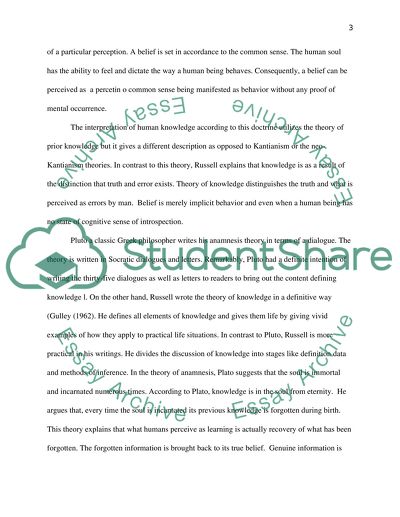Cite this document
(“Essay question Coursework Example | Topics and Well Written Essays - 1750 words”, n.d.)
Retrieved from https://studentshare.org/philosophy/1654820-essay-question
Retrieved from https://studentshare.org/philosophy/1654820-essay-question
(Essay Question Coursework Example | Topics and Well Written Essays - 1750 Words)
https://studentshare.org/philosophy/1654820-essay-question.
https://studentshare.org/philosophy/1654820-essay-question.
“Essay Question Coursework Example | Topics and Well Written Essays - 1750 Words”, n.d. https://studentshare.org/philosophy/1654820-essay-question.


